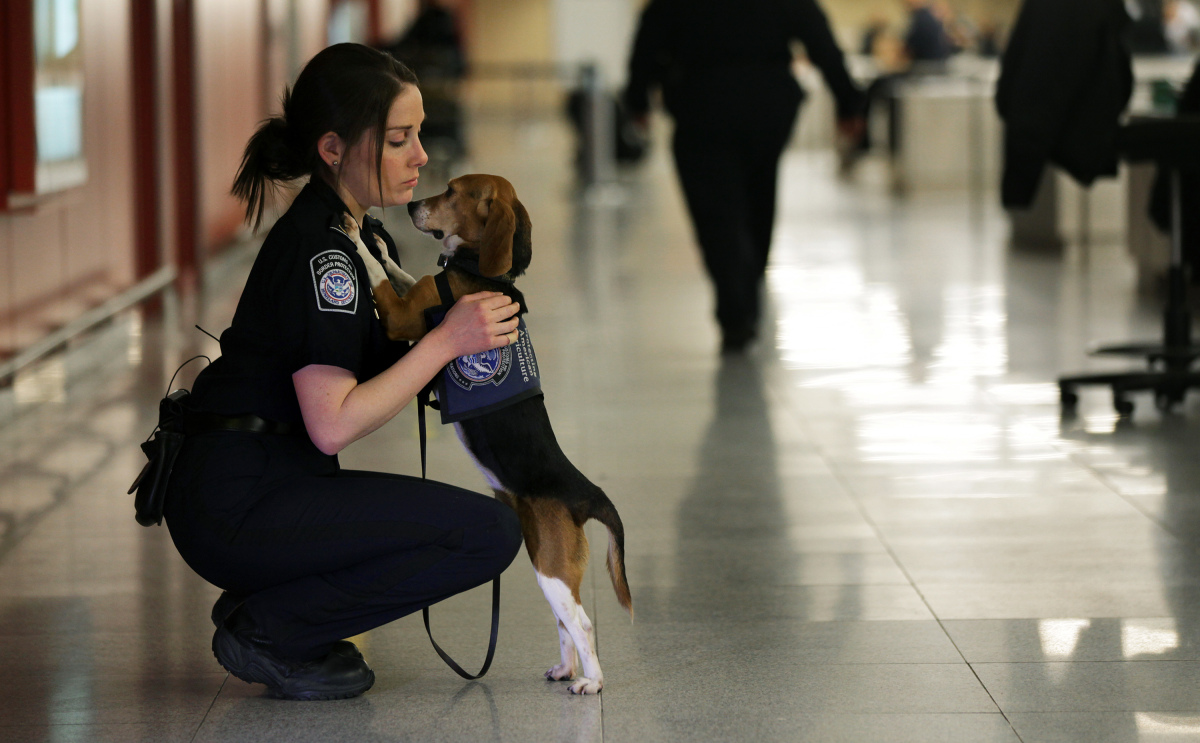Beefing Up Border Biosecurity Gets Boost from Congress

The headlines tell the story: “Pigs killed in droves as African swine fever wreaks havoc across the globe,” reads one from the New York Daily News. “A terrible pandemic is killing pigs around the world, and U.S. pork producers fear they could be hit next,” reads another from The Washington Post.
African swine fever, a disease affecting only pigs with no human health or food safety risks, is spreading, with new cases appearing throughout Southeast Asia and China. There are no reported cases of ASF in the U.S. and preventing it and other foreign animal diseases (FADs) from entering our country is our top priority. The consequences of inaction are too great. The most likely path for a FAD to entire the country would be through the importation of infected animals or contaminated products. An outbreak of certain FADs would immediately close U.S. pork export markets, with significant harm to our farmers, consumers and overall economy.
While the U.S. Department of Agriculture (USDA) and U.S. Customs and Border Protection (CBP) are doing an excellent job of protecting America’s borders and ports, more should be done. For more than a year, National Pork Producers Council (NPPC) has led efforts to boost biosecurity at our borders, working with lawmakers and administration officials on funding for additional agricultural inspectors. In an important milestone in NPPC’s efforts, last week the Senate passed legislation authorizing CBP to hire additional inspectors, support staff and canine teams to fully staff America’s airports, seaports and land ports of entry. The unanimous consent vote reflected the strong bipartisan support for the effort to protect our nation from FADs.
s. 2107, Protecting America’s Food & Agriculture Act of 2019, authorizes $222 million over three years to enable CBP to hire 240 new agricultural specialists and 200 new agricultural technicians each fiscal year until the shortage is filled. The bill also funds 20 new canine teams each year. HOTH is grateful to the Senate for understanding the urgency in addressing the agricultural inspector shortfall and thanks its original sponsors, Sens. Gary Peters (D-Mich.), Pat Roberts (R-Kan.), Debbie Stabenow (D-Mich.) and John Cornyn (R-Texas). Companion legislation was also introduced in the House this fall by Rep. Filemon Vela (D-Texas), Collin Peterson (D-Minn.), Vicente Gonzalez (D-Texas), Salud Carbajal (D-Calif.), Jim Costa (D-Calif.) and Cyndi Axne (D-Iowa).
HOTH applauds Congress for recognizing the importance of improving biosecurity at our borders and ports, and looks forward to passage of this vital legislation that will reduce the risk of ASF and other FADs and further protect the food supply for U.S. consumers.
Meantime, NPPC will continue to lead other FAD prevention efforts, including working with USDA on implementation of a U.S. Foot-and-Mouth Disease vaccine bank. By remaining vigilant and prepared, U.S. agriculture will continue to be the envy of the world, providing the highest quality, safest supply of food to consumers around the globe.